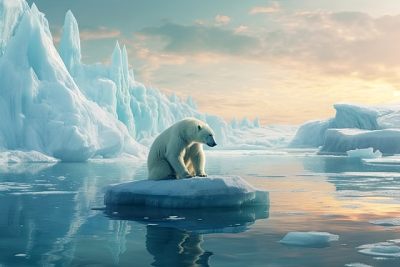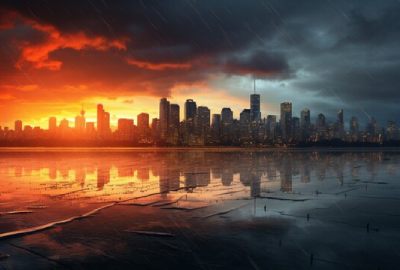Impacts of Rising Temperatures
The global surface temperature of the world is a measurement that tracks the weighted average temperature across land and oceans. These measurements began back in 1850, which we now call the instrumental temperature record, and it is living proof that the world's temperatures have been steadily climbing.
This is most prominent in the 20th and 21st centuries. The global climate has risen to about 0.20° C per decade since 1982, more than three times faster than it had from 1850 when the global temperature rose by around 0.06° Celsius per decade.
This extra heat is driving the temperature extreme ranges up higher. This means hotter summers and warmer winters. It also melts the snow caps in the Arctic, making more water and intensifying the rainfall across the world.

Endangering Animal Species and Forcing Extinction
For indigenous species of animals and plants, the rising temperatures are devastating. It can change their ecosystem, making their natural homes inhabitable and forcing migrations. Or impact their access to water and vegetation, and as a result, a lot of species die out. It is not just something that affects land-based animals.
There have been many instances of dolphin or whale pods washing up on UK shores and dying. This is because they are forced out of their natural habitat as a result of the changes in water temperatures. The marine wildlife has been impacted greatly by climate change, and many species of freshwater and seawater fish, as well as whales, are drawing close to becoming endangered.
